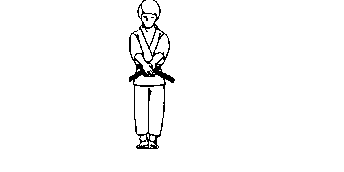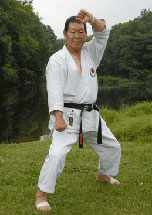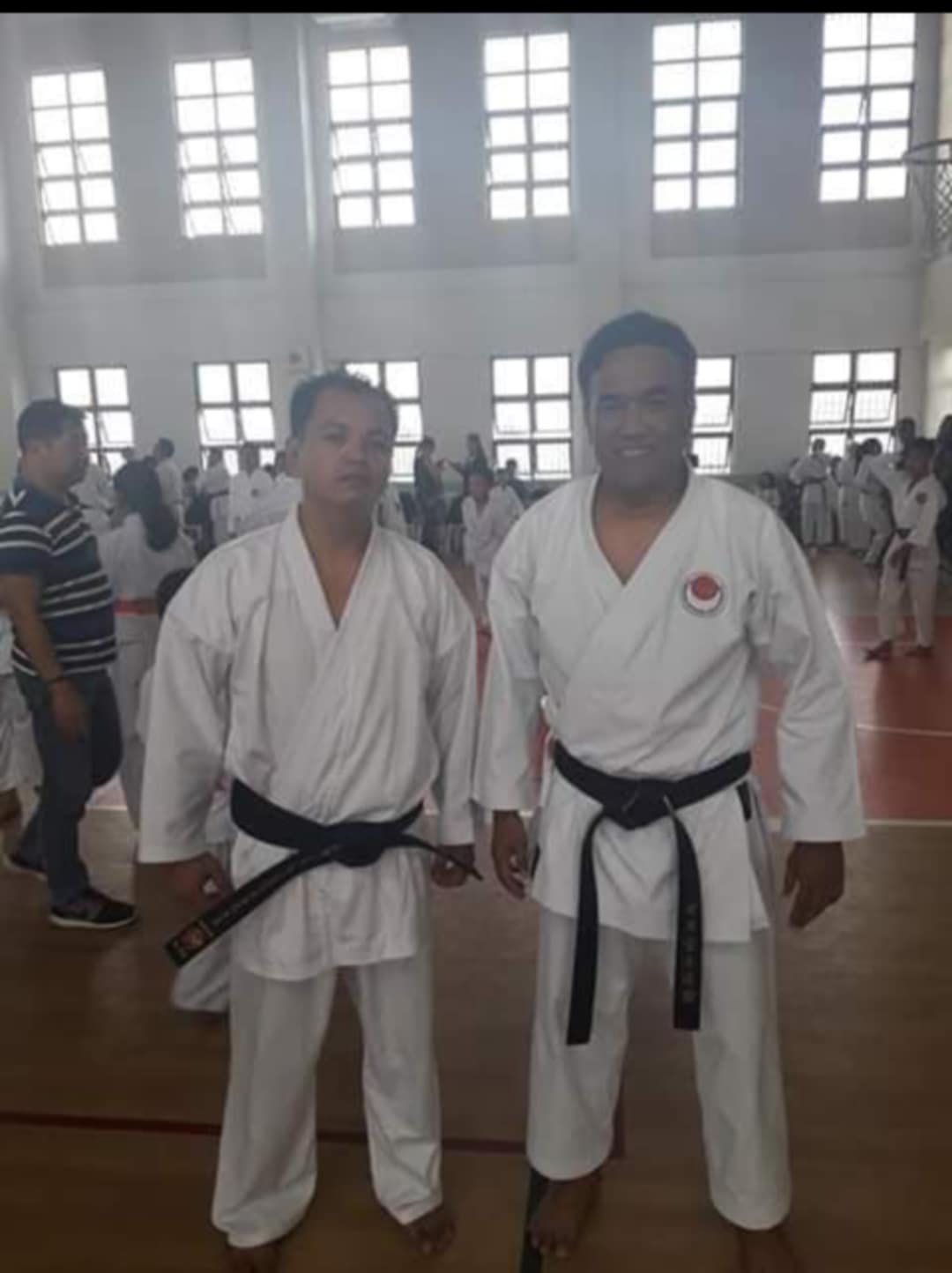Karate Dojo
Our karate school is renowned for the exceptional quality of instruction we provide. We offer beginner, intermediate, and advanced classes throughout the week. New members are always welcome, and we encourage you to visit and try a class at any time.
We firmly believe that karate practice is a valuable asset to our community. Children who train with us excel in school and develop key skills such as focus, discipline, and determination. Adults, too, experience tremendous benefits, including improved mental clarity, better health, and overall fitness.
Our dojo is a safe, positive, and welcoming environment. We are passionate about what we teach and practice, and our mission is to help you achieve success in your karate journey. At Nippon Karate, we emphasize both traditional and sports karate, offering numerous opportunities for participation in events ranging from local to international levels. We also provide seminars and training camps to further enhance your skills and experience.
Training Sessions
Learn and grow
The Nippon Karate Dojo Karate School has a rich history rooted in tradition and dedication to excellence in Karate. Originally founded in 1972, it became a cornerstone for many Karate practitioners in the 70s and 80s, instilling discipline and respect in its students. In 2017, a group of passionate alumni from the 70s and 80s came together to breathe new life into the dojo, reigniting its mission of promoting Karate. With a focus on both traditional techniques and modern sports Karate, the dojo has evolved to meet the needs of today’s Karate practitioners.
Now affiliated with the International Shotokan Karate Federation (ISKF), the Nippon Karate Dojo continues to uphold the principles of Shotokan Karate while fostering a vibrant community of dedicated learners.
Nippon Karate Dojo Philosophy
We believe in discipline, respect, and personal growth through martial arts training.
Ranking System
When observing a karate class, one of the first things you’ll notice is the variety of colored belts worn over the traditional white uniforms. Each belt color represents the individual’s level of experience and ability. Everyone starts with a white belt and progresses through the following colors: yellow, orange, green, purple, brown, and finally black. In Japanese terminology, we refer to the colored belts as “kyu” and black belts as “dan.”Examinations are typically held three times a year at our dojo, usually scheduled for weekends. These tests are conducted by Sensei Jones or, on occasion, by Master Hiro Okazaki, who travels from Philadelphia specifically for the grading. You can also find a brief write-up about Master Hiro Okazaki available here.
From time to time, we have the chance to train with Master Hiro Okazaki during special seminars held right before the examinations. We encourage everyone to take part in these additional classes. Any member who practices karate may register for the examination, as long as they have met all the requirements outlined in this guide.
The karateka must wear a clean white uniform, display the ISKF crest, and don the belt that signifies their current rank.
Kata
Kata is often described as a set sequence of karate moves organized into a pre-arranged fight against imaginary opponents. The kata consists of kicks, punches, sweeps, strikes, blocks, and throws. Body movement in various kata includes stepping, twisting, turning, dropping to the ground, and jumping. In Shotokan, kata is not a performance or a demonstration, but is for individual karateka to practice full techniques—with every technique potentially a killing blow; while paying particular attention to form and timing (rhythm).

Karate Gallery
Explore our Shotokan Karatedo moments, showcasing dedication, skill, and community spirit.










